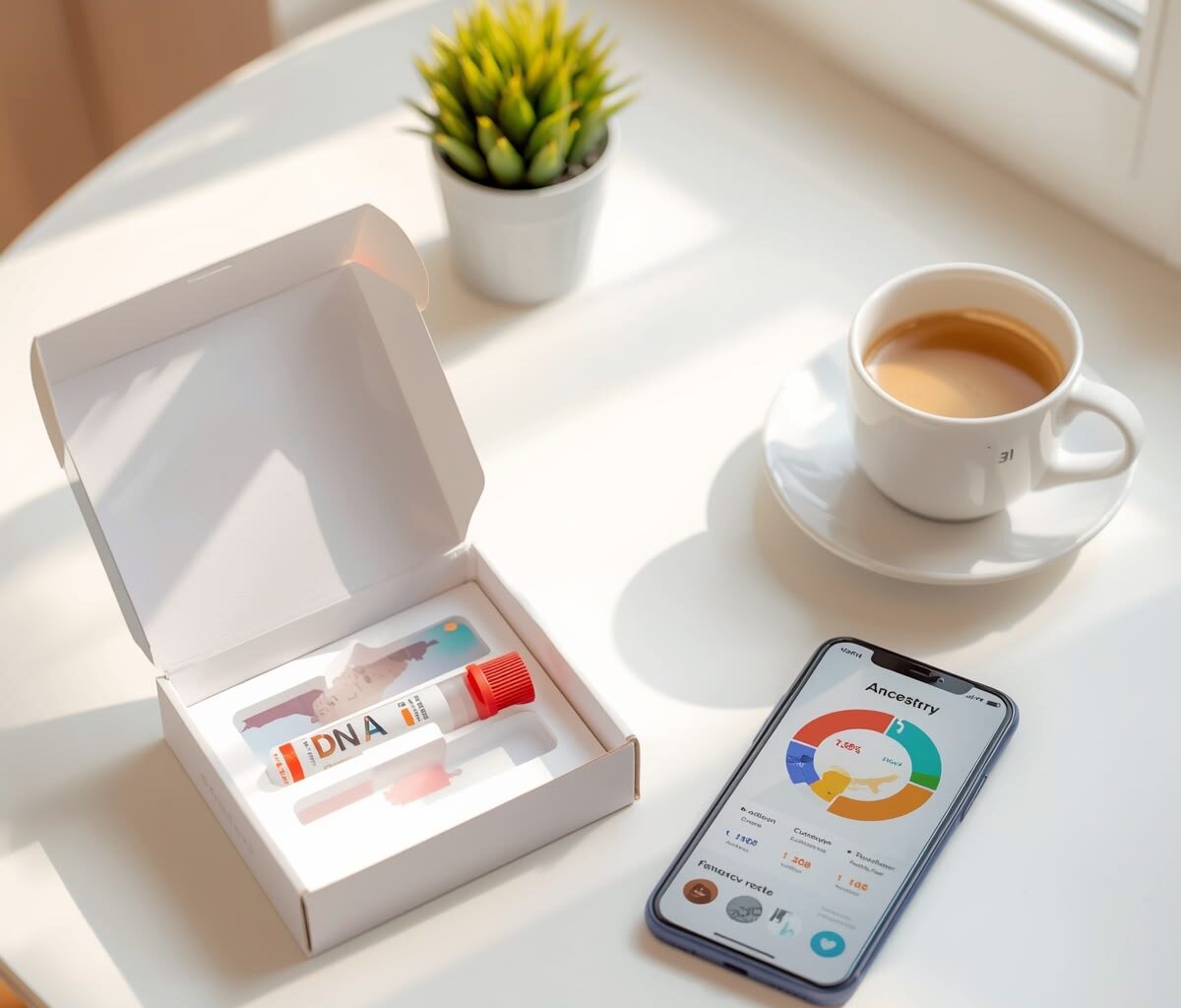It starts with a simple kit. You spit into a tube, mail it back, and a few weeks later — boom — you have a colorful chart revealing your ancestry, genetic traits, and even your risk for certain diseases. Millions of people around the world have used services like 23andMe, AncestryDNA, or MyHeritage to unlock the secrets buried in their genes.
But behind the colorful graphs and family trees lies a much bigger story. A story about your data, your privacy, and a billion-dollar industry built on the most personal code you own — your DNA.
Your DNA Is More Than Just Data
Unlike a password you can change or a credit card you can cancel, your DNA is you. It’s your identity, your history, your potential future. It’s also a powerful commodity. Companies can use your genetic data for scientific research, drug development, or — more controversially — to sell insights to third-party corporations.
What many people don’t realize is that when they agree to the terms and conditions of these services, they often give permission for their data to be stored, studied, and sometimes even shared. And once it’s out there, you can’t take it back.
Who Really Owns Your Genetic Code?
Legally speaking, most companies state that you retain ownership of your DNA — but the data derived from your genes (like mutations, health markers, etc.) often becomes part of their research databases. Some companies even allow law enforcement to access their databases under certain conditions.
In 2018, a famous criminal case was solved using a public DNA database — and while justice was served, it sparked heated debates about genetic surveillance and privacy violations.
So the question becomes: Is this convenience worth the cost?
From Health Predictions to Genetic Advertising
In recent years, tech giants have begun merging AI with genetic data. Imagine a future where ads are tailored not just to your browsing history, but to your biological weaknesses. A drug company might know you’re genetically predisposed to depression before you do — and target you with pharmaceutical ads.
It sounds like science fiction. But the foundation for this future is already being built.
The Golden Age of Genetic Hacking?
With advances in CRISPR and gene-editing, it’s now possible to tweak DNA like computer code. Combined with massive databases of genetic information, this raises ethical questions:
Could insurance companies deny you coverage based on your genes?
Will employers someday require genetic screening?
What if your future child’s DNA is edited without your consent?
We’re entering uncharted territory — and the rules are still being written.
What You Can Do to Protect Yourself
If you’re already part of a genetic database, here are a few tips:
1.
Review your privacy settings on the DNA testing site. You may be able to opt out of research sharing.
2.
Request data deletion if you’re no longer comfortable with your data being stored.
3.
Read the fine print before submitting any future tests — especially those related to health.
Final Thoughts: The Power — and the Risk — of Knowing
Unlocking the secrets of your DNA can be empowering. It can help you take control of your health, understand your ancestry, and make informed choices. But like all powerful tools, it comes with risks.
We’re standing at the crossroads of biology and technology, where our bodies are becoming part of the digital economy. The choices we make now — about what we share, what we protect, and what we consent to — will shape the future of humanity.
So next time you consider spitting into that little tube, ask yourself:
What happens to your DNA after the test? And are you okay with the answer?
